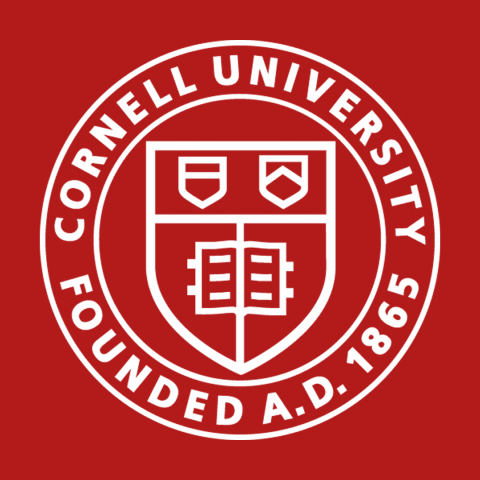Applied Algebra

Applied algebra research at Cornell comes in several flavors. For computational scientists and engineers, numerical linear algebra is frequently an “inner loop bottleneck” that requires great ingenuity to overcome. The matrices are typically large and highly structured, especially if they arise from a discretized partial differential equation or an optimization problem. Despite advances in high-performance computing, algorithmic insights still rule the day, making linear equation solving and eigenvalue computation vibrant research areas.
Information science applications are increasingly driving the field. For example, the PageRank algorithm involves solving an eigenvalue problem. Large datasets are sometimes assembled in high-dimensional matrices called tensors. Finding patterns in such a structure is a particularly important “big data” challenge for researchers in applied algebra.
Abstract algebra is no less applied, with many timely problems springing up in computer science, operations research, and mathematics. The development of computer algebra systems has revolutionized the field, making it possible for researchers to tackle problems that were considered intractable just a short time ago.
